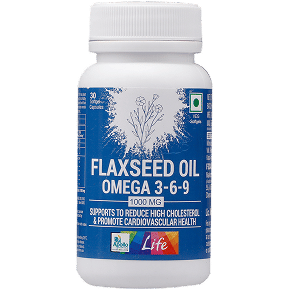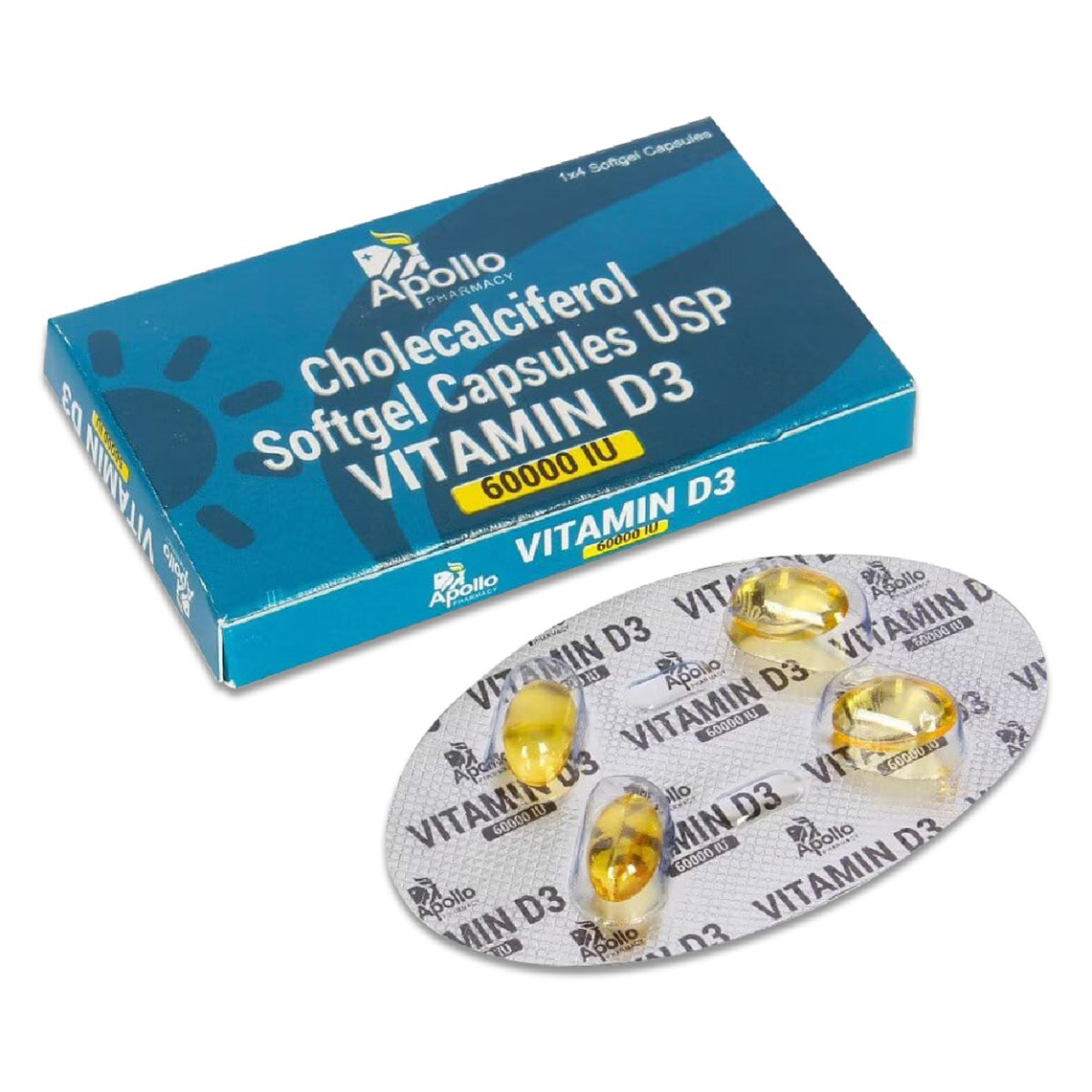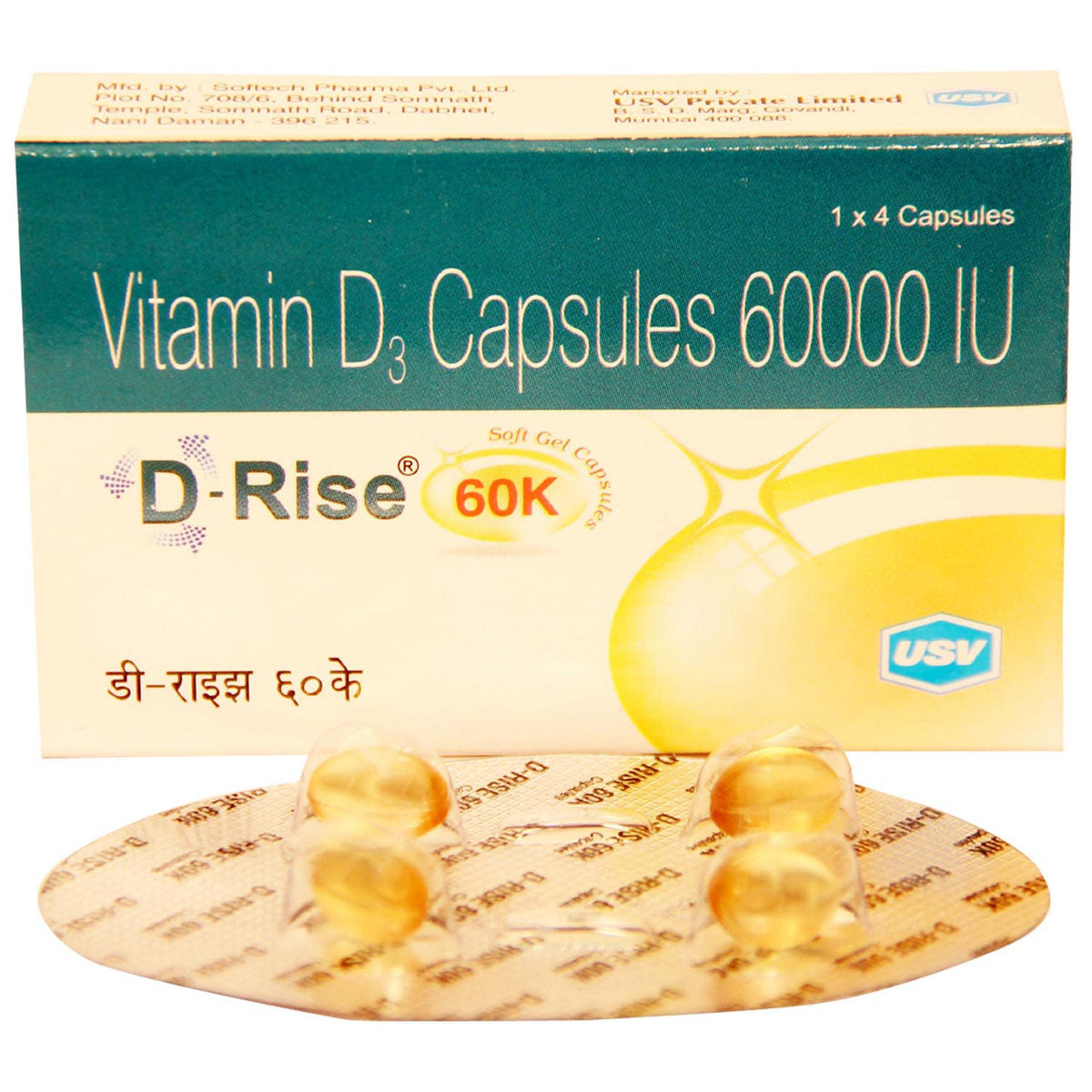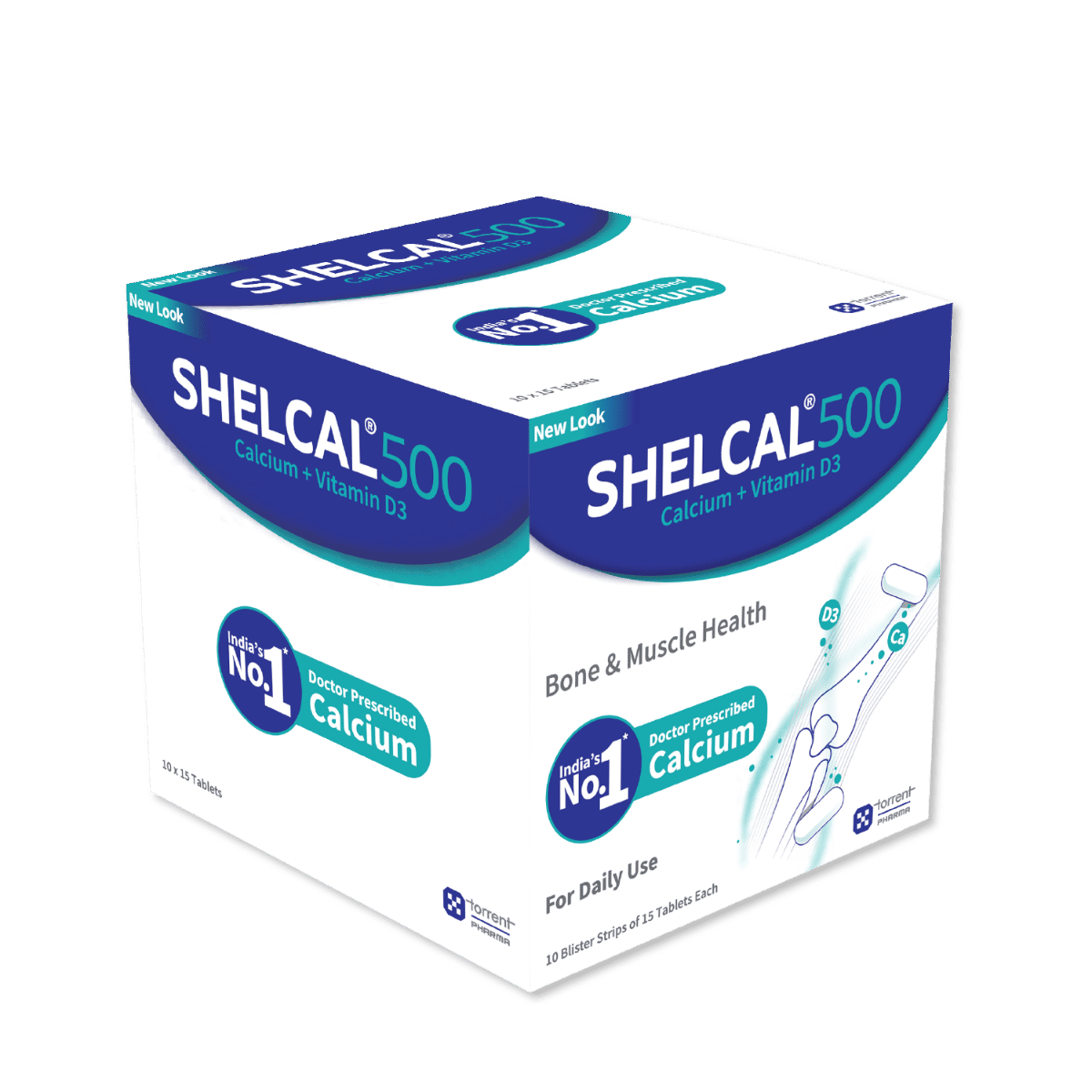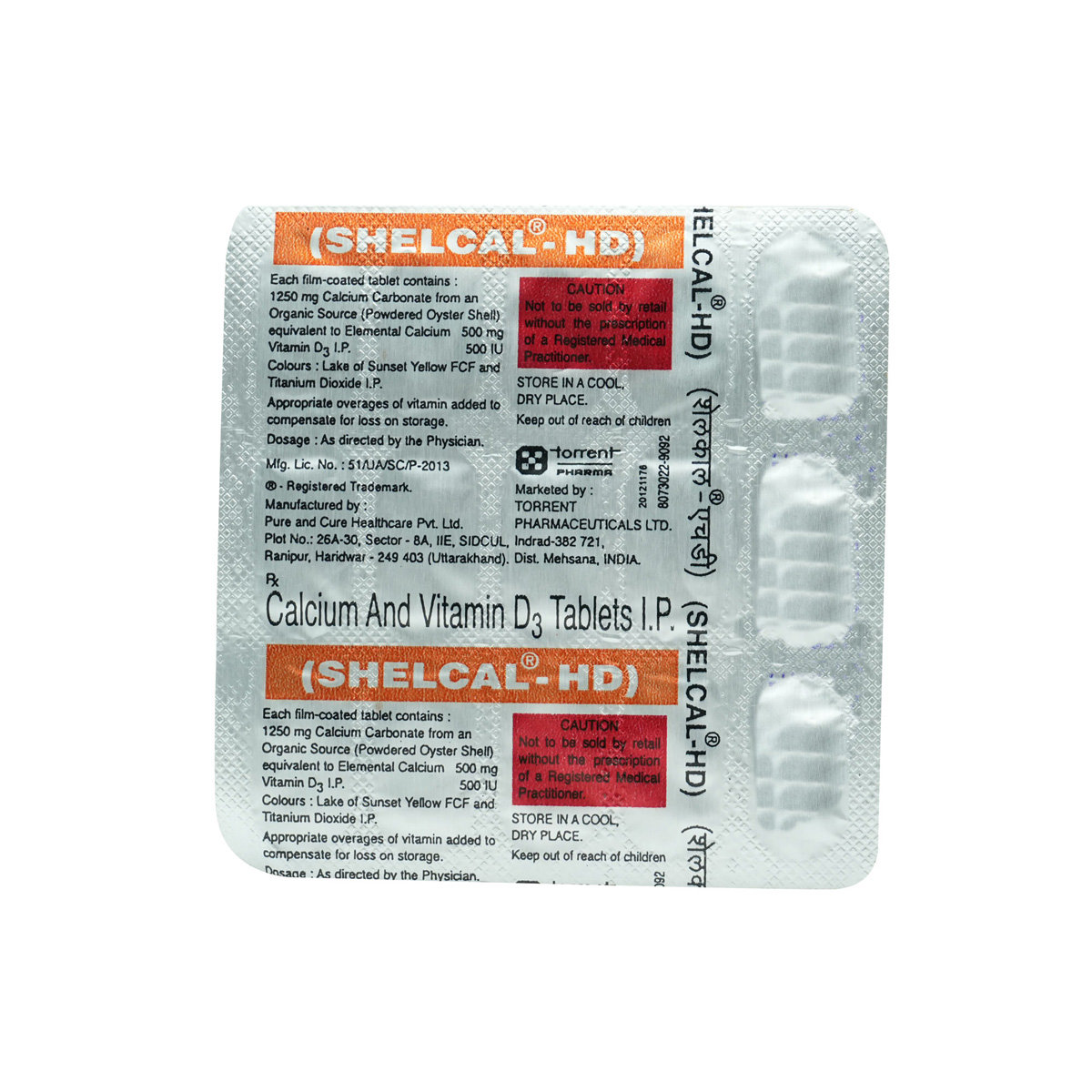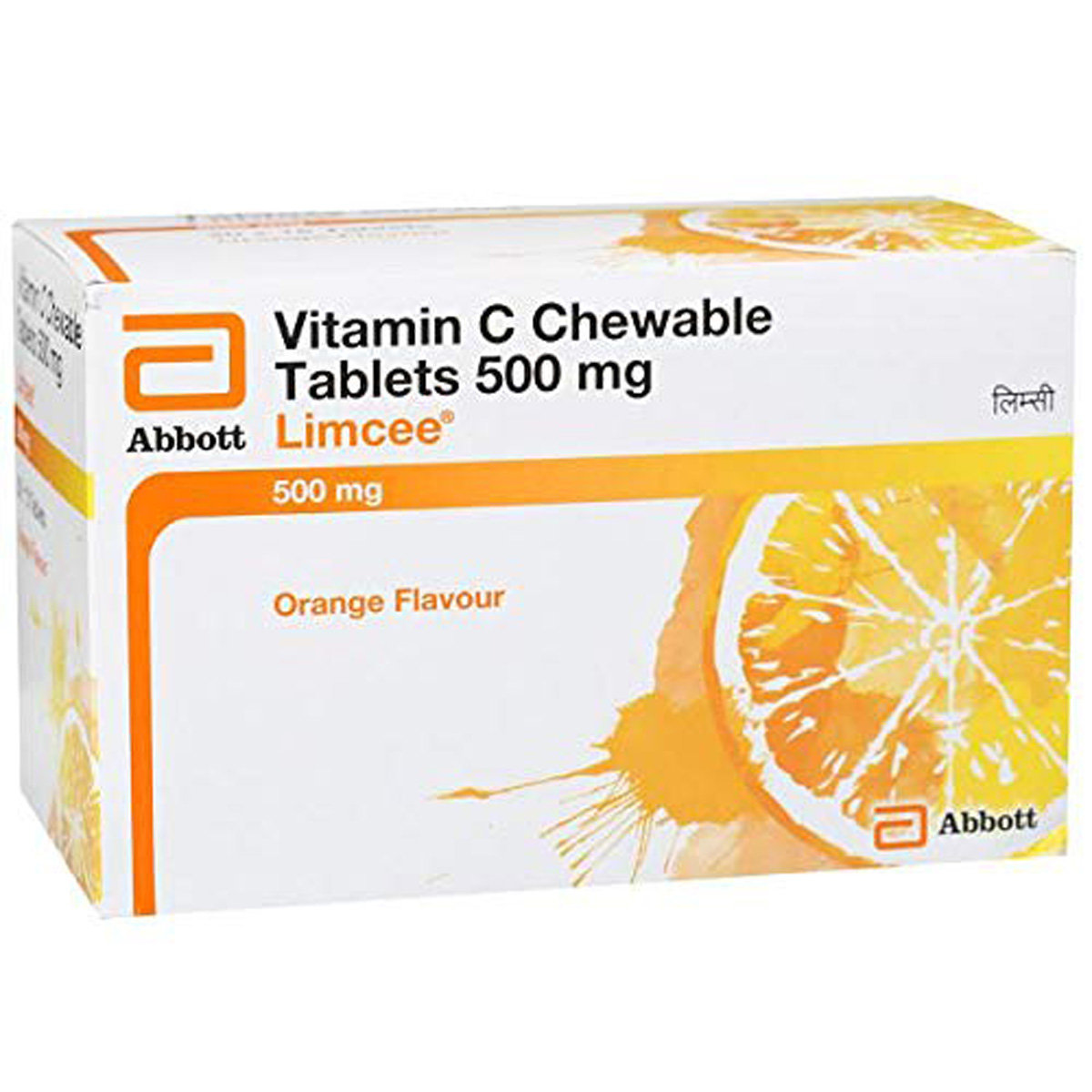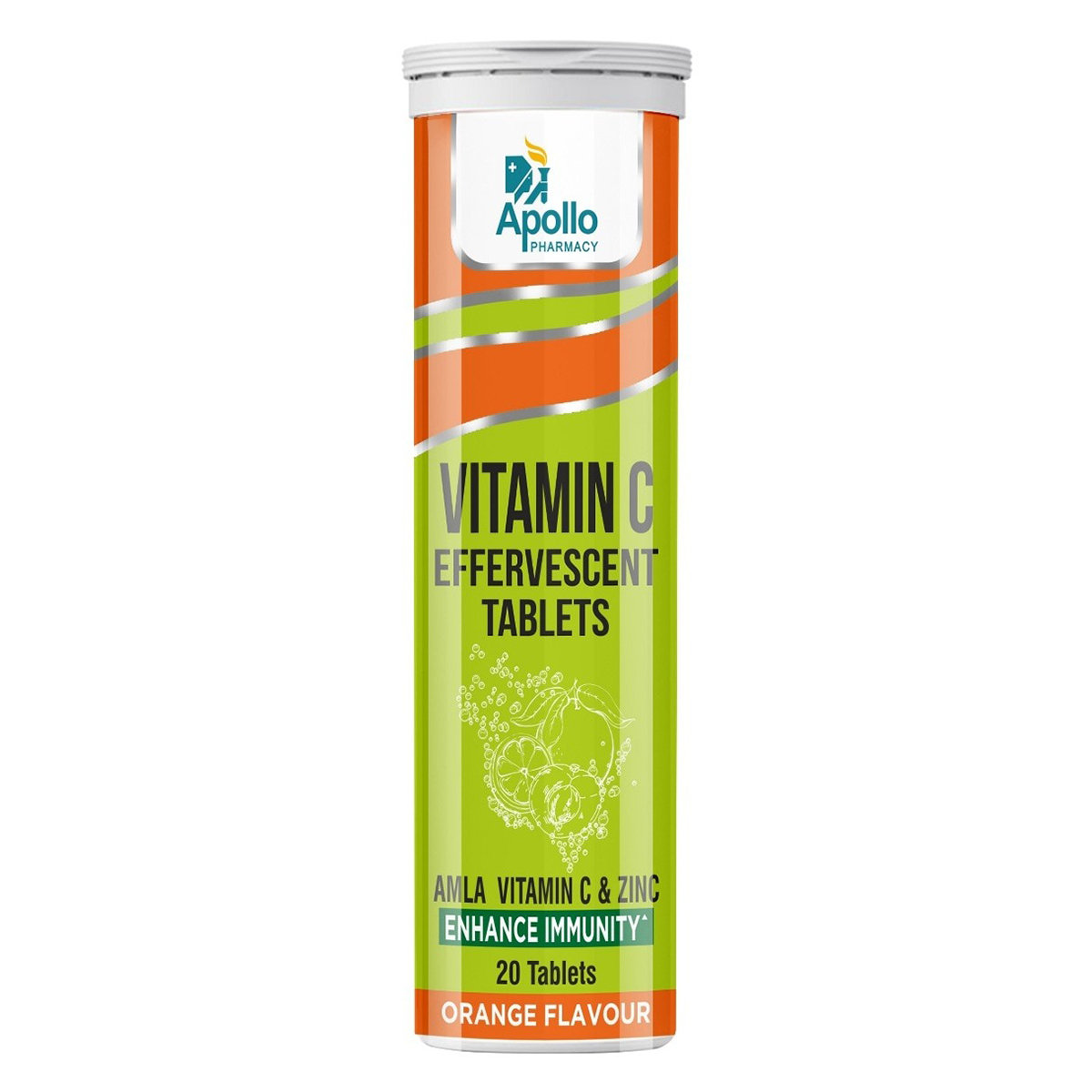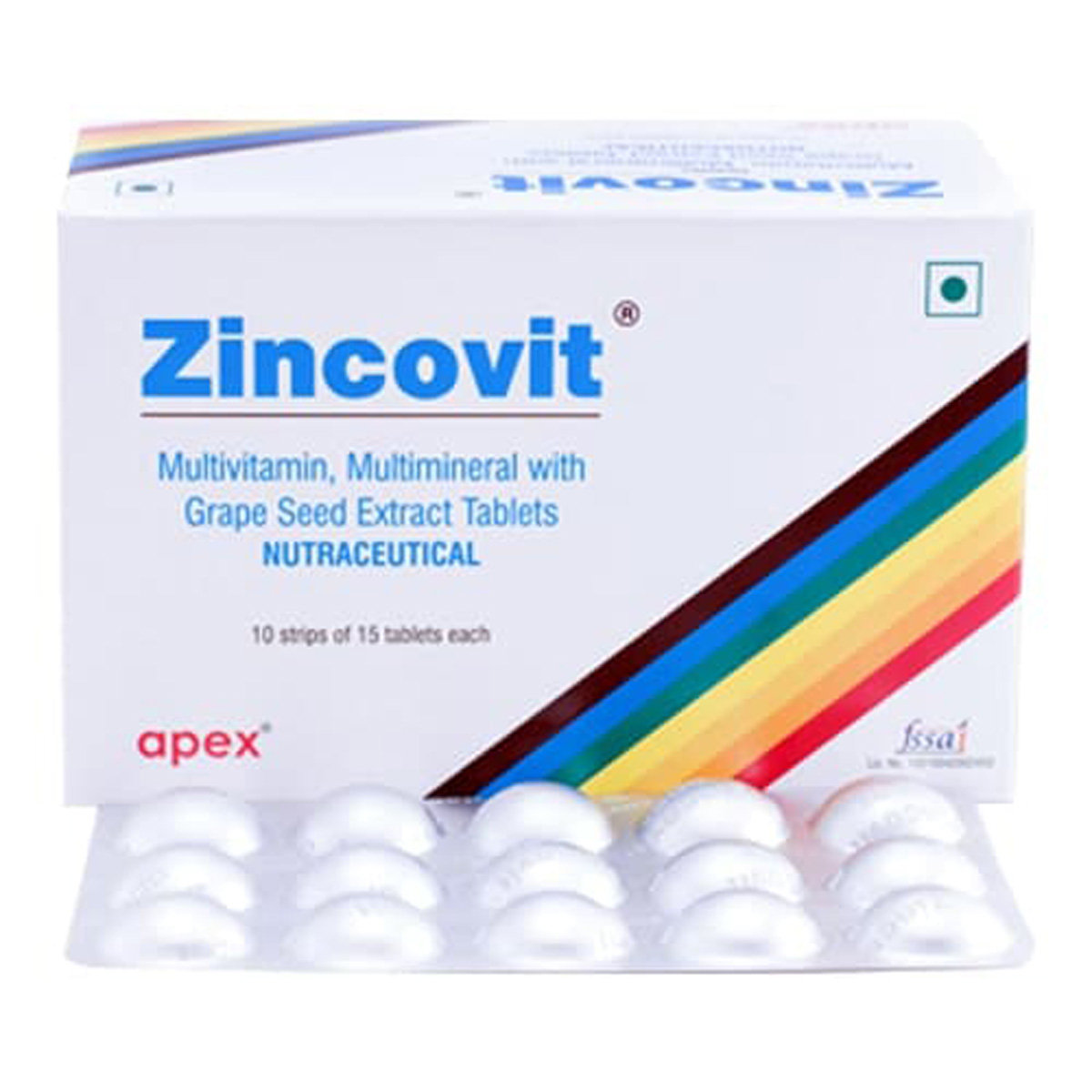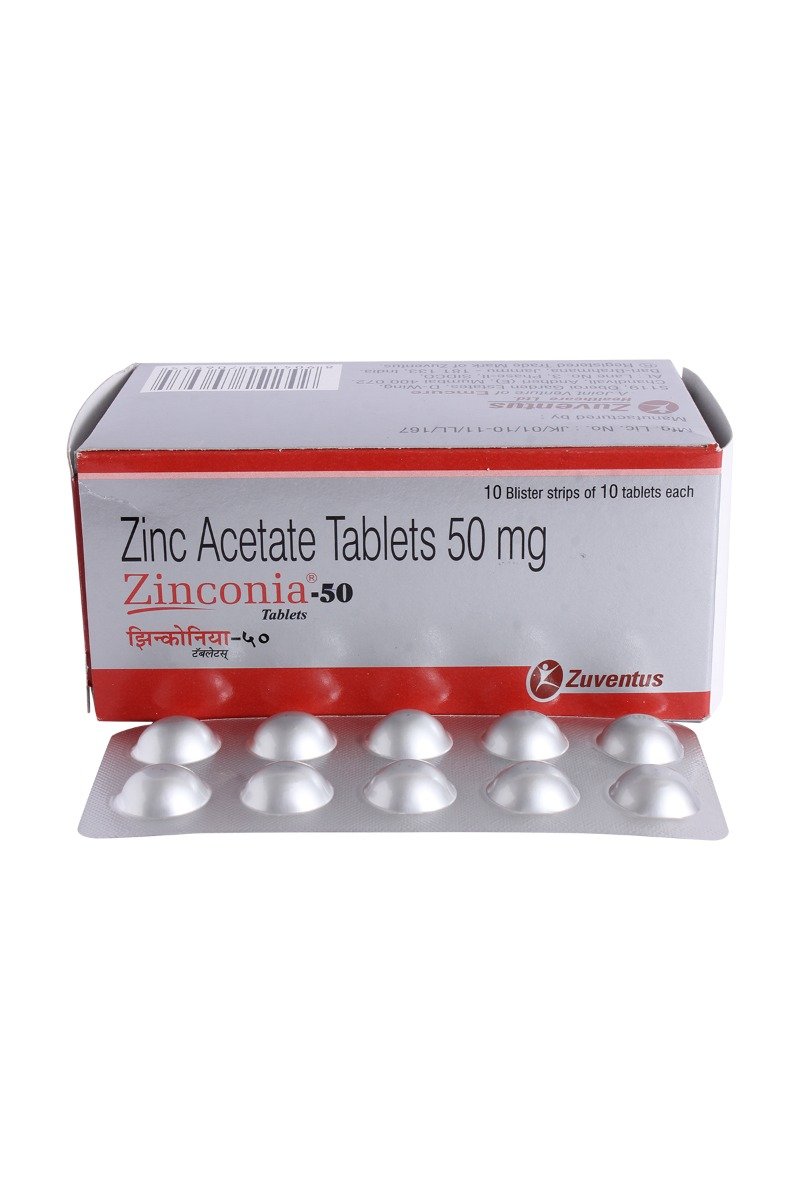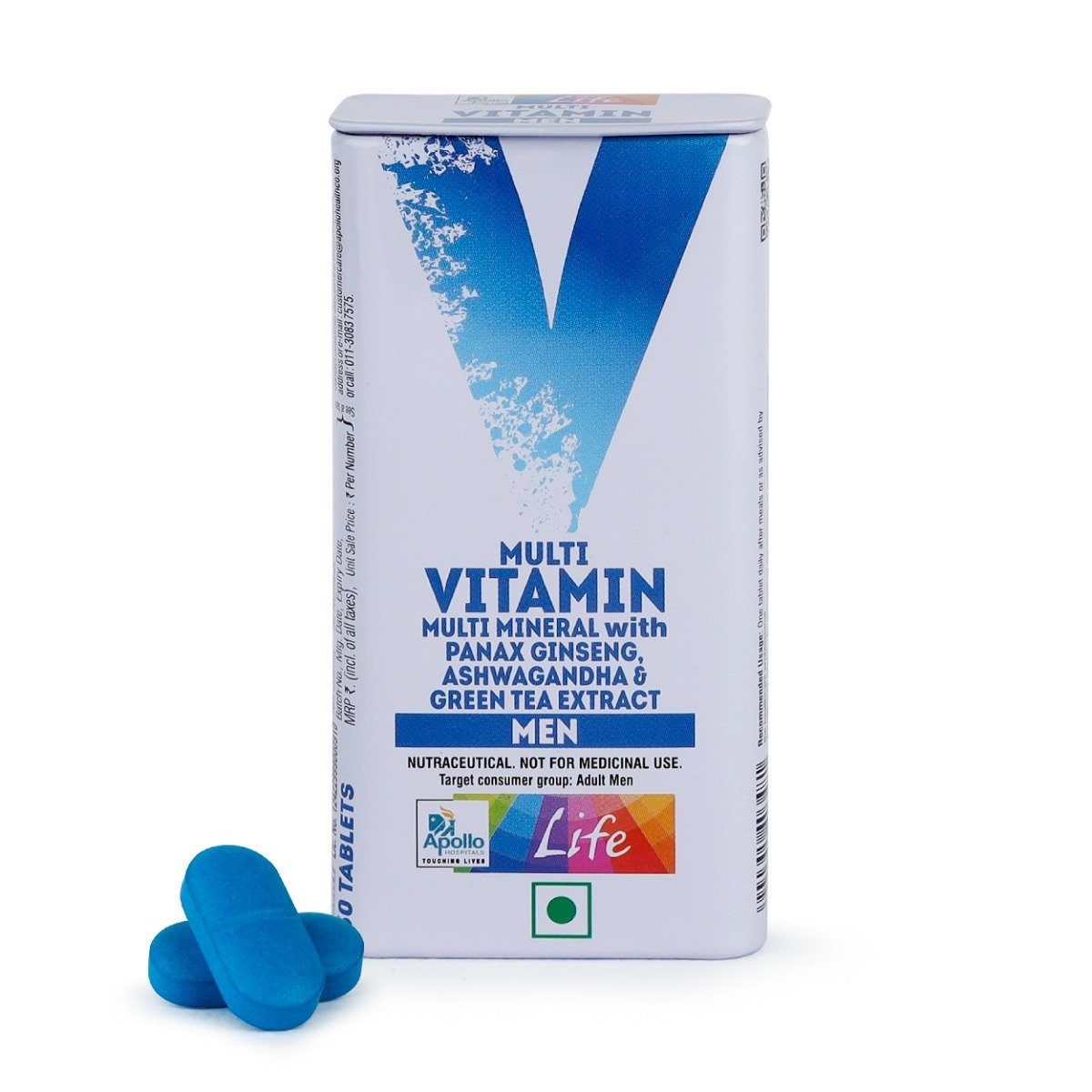Gemitrol Kit
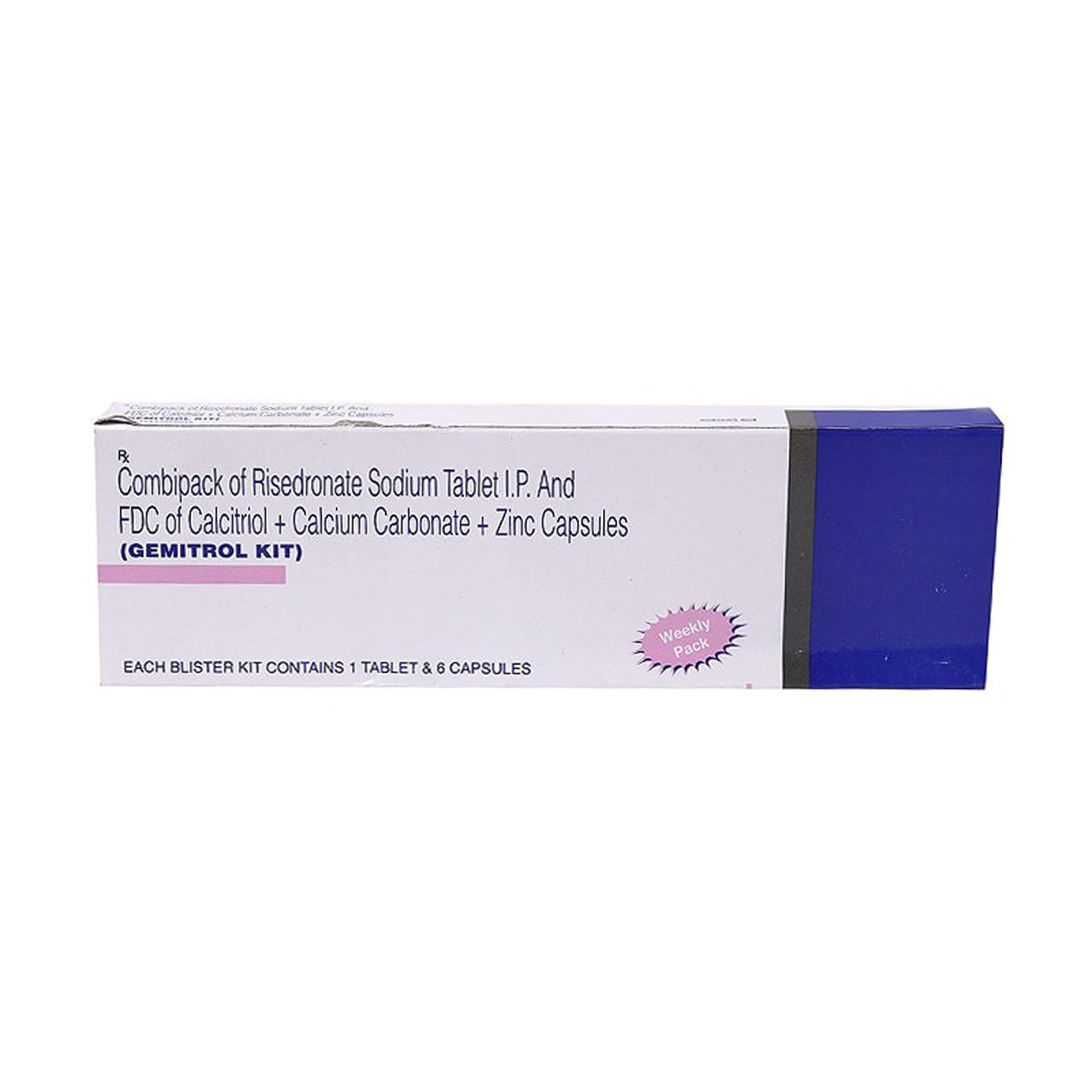

MRP ₹246
(Inclusive of all Taxes)
₹36.9 Cashback (15%)
know your delivery time
Provide Delivery Location
Manufacturer/Marketer :
Consume Type :
Expires on or after :
Return Policy :

Secure Payment

Trusted by 8 Crore Indians

Genuine Products
Therapeutic Class
Country of origin
Manufacturer/Marketer address
Author Details
We provide you with authentic, trustworthy and relevant information
Disclaimer
Alcohol
Safe if prescribed
Avoid high alcohol consumption as it may cause bone loss.
Pregnancy
Consult your doctor
Please consult your doctor if you are pregnant before taking Gemitrol Kit. Your doctor will recommend only if the benefits outweigh the risks.
Breast Feeding
Consult your doctor
Please consult your doctor if you are breastfeeding. Your doctor will recommend only if the benefits outweigh the risks.
Driving
Safe if prescribed
Gemitrol Kit usually does not affect your ability to drive or operate machinery.
Liver
Consult your doctor
If you have a pre-existing or a history of liver disease, inform your doctor before taking Gemitrol Kit. Your doctor may adjust the dose or prescribe a suitable alternative based on your condition.
Kidney
Consult your doctor
Gemitrol Kit is not recommended for patients with severe kidney problems. However, if you have a pre-existing or a history of kidney disease, inform your doctor before taking Gemitrol Kit. Your doctor may adjust the dose or prescribe a suitable alternative based on your condition.
Children
Safe if prescribed
Gemitrol Kit is not recommended for children unless advised by a doctor. Hence, please consult a doctor.
About Gemitrol Kit
Gemitrol Kit is a combination medicine used to treat calcium deficiency and osteoporosis (weak and brittle bones). Osteoporosis is a bone disease that weakens and thins the bones by decreasing bone density which is common in post-menopausal women. As the density of bones decreases, they weaken and are more likely to break.
Gemitrol Kit contains Calcitriol (a form of vitamin D3), Risedronate sodium, Calcium carbonate, and Zinc. Calcitriol is a man-made form of Vitamin D3 that increases the absorption of calcium, thereby increasing calcium levels in the blood. Calcium carbonate is a mineral used to prevent or treat calcium deficiency. It provides essential nutrients to maintain bone formation. Risedronate sodium works by binding to the bone tightly and preventing the removal of calcium by osteoclasts (a type of bone cell that destroys bone tissue). This prevents osteoclasts from breaking down the bone and keeps the bones strong, and minimizes the risk of bones breaking. Zinc is essential for growth, cell function and bone metabolism.
Take Gemitrol Kit as advised by the doctor. Sometimes, Gemitrol Kit may cause side effects such as stomach upset, diarrhoea, gas, nausea, headache and constipation. Most of these side effects of Gemitrol Kit do not require medical attention and gradually resolve over time. However, if the side effects persist or worsen, please consult your doctor.
If you are allergic to Gemitrol Kit or any other medicines, please tell your doctor. If you are pregnant or breastfeeding, please consult a doctor before taking Gemitrol Kit. Gemitrol Kit is not recommended for children unless advised by a doctor. If you are on dialysis, inform your doctor before taking Gemitrol Kit.
Uses of Gemitrol Kit
Medicinal Benefits Mweb
Key Benefits
Gemitrol Kit contains Calcitriol (a form of vitamin D3), Risedronate sodium, Calcium carbonate, and Zinc used to treat calcium deficiency and osteoporosis (weak and brittle bones). Calcitriol increases the absorption of calcium, thereby increasing calcium levels in the blood. Calcium carbonate is used to prevent or treat calcium deficiency. It provides essential nutrients to maintain bone formation. Risedronate sodium makes the bones strong and minimizes the risk of bones breaking. Zinc is essential for growth, cell function and bone metabolism.
Directions for Use
Side Effects of Gemitrol Kit
- Stomach upset
- Diarrhoea
- Gas
- Nausea
- Headache
- Constipation
Drug Warnings
If you are allergic to calcium, Risedronate sodium, zinc, calcitriol or any other ingredients, please tell your doctor. If you are pregnant or breastfeeding, please consult a doctor before taking Gemitrol Kit. Gemitrol Kit is not recommended for children unless advised by a doctor. If you are on dialysis, inform your doctor before taking Gemitrol Kit.
Drug-Drug Interactions
Drug-Drug Interactions
Login/Sign Up
Taking Gemitrol Kit with nizatidine can increase the blood levels of Gemitrol Kit.
How to manage the interaction:
There may be a possibility of interaction between Gemitrol Kit and Nizatidine, but it can be taken if prescribed by a doctor. In case you experience any unusual side effects, consult a doctor. Do not stop using any medications without talking to a doctor.
Taking Gemitrol Kit with ibuprofen can increase the risk of developing kidney problems, gastrointestinal bleeding, and ulcers.
How to manage the interaction:
Co-administration of Gemitrol Kit and Ibuprofen can lead to an interaction but it can be taken if your doctor has advised it. However, consult your doctor if you experience abdominal pain, bloating, sudden dizziness or lightheadedness, nausea, vomiting (especially with blood), loss of appetite, and/or black, tarry stools. Do not discotinue any medications without consulting a doctor.
Taking Gemitrol Kit with Cimetidine can increase the blood levels of Gemitrol Kit.
How to manage the interaction:
Although there is a possible interaction between Gemitrol Kit and Cimetidine, you can take these medicines together if prescribed by a doctor. In case you experience any unusual side effects, consult a doctor. Do not discontinue any medications without first consulting your doctor.
Taking Etelcalcetide with Gemitrol Kit may decrease calcium levels in the blood.
How to manage the interaction:
Co-administration of Gemitrol Kit with Etelcalcetide can possibly result in an interaction, but it can be taken if a doctor has advised it. However, consult your doctor immediately if you experience symptoms such as numbness or tingling around the mouth, muscle pain, fits, mental changes (irritability, depression, psychosis), increased pressure on the brain, and irregular heartbeat. Do not stop using any medications without first talking to a doctor.
Taking Famotidine with Gemitrol Kit can increase the blood levels of Gemitrol Kit.
How to manage the interaction:
There may be a possibility of interaction between Gemitrol Kit and Famotidine, but it can be taken if prescribed by a doctor. In case you experience any unusual side effects, consult a doctor. Do not stop using any medications without talking to a doctor.
Taking Gemitrol Kit (oral form) with Deferasirox can increase the risk of bleeding and ulcers in the stomach.
How to manage the interaction:
Taking Gemitrol Kit with Deferasirox together can possibly result in an interaction, but it can be taken if your doctor has advised it. However, consult your doctor if you experience abdominal pain, bloating, sudden dizziness or lightheadedness, nausea, vomiting (especially with blood), loss of hunger, or black, tarry stools. Do not discontinue any medications without consulting a doctor.
Co-administration of Paricalcitol and Gemitrol Kit are forms of vitamin D, and taking too much vitamin D may lead to toxic effects related to excessive calcium levels in the blood and urine.
How to manage the interaction:
Concomitant use of Paricalcitol with Gemitrol Kit can lead to an interaction, it can be taken if advised by a doctor. Consult the prescriber if you experience symptoms of vitamin D intoxication such as weakness, fatigue, headache, vertigo, drowsiness, ringing in the ears, loss of appetite, nausea, vomiting, constipation, dry mouth, metallic taste, muscle pain, bone pain, muscle incoordination, and low muscle tone. Do not discontinue the medication without consulting a doctor.
Co-administration of Gemitrol Kit with Dihydrotachysterol can increase the risk of adverse effects.
How to manage the interaction:
Co-administration of Dihydrotachysterol with Gemitrol Kit can possibly result in an interaction, but it can be taken if your doctor has advised it. If you notice any of these symptoms - irregular heartbeat, seizures, weakness, tiredness, headache, dizziness, ringing in the ears, loss of appetite, feeling sick, throwing up, constipation, dry mouth, strange taste in your mouth, muscle or bone pain, trouble coordinating movements, weak muscles, peeing a lot, feeling very thirsty, losing weight, eye infection, sensitivity to light, itching, or a higher body temperature - make sure to call a doctor right away. Do not discontinue any medications without consulting a doctor.
Co-administration of Orlistat with Gemitrol Kit may reduce the levels of Gemitrol Kit which can lead to low treatment outcomes.
How to manage the interaction:
Although there is an interaction, Gemitrol Kit can be taken with Orlistat when prescribed by the doctor. Do not discontinue any medications without consulting a doctor.
Co-administration of Metolazone with Gemitrol Kit can cause blood calcium levels to become too high.
How to manage the interaction:
Although there is an interaction, Gemitrol Kit can be taken with metolazone if prescribed by the doctor. Consult the doctor if you experience symptoms such as dizziness, drowsiness, weakness, lethargy, headache, nausea, vomiting, or seizures. Do not discontinue the medication without consulting a doctor.
Drug-Food Interactions
Drug-Food Interactions
Login/Sign Up
Drug-Diseases Interactions
Drug-Diseases Interactions
Login/Sign Up
Drug-Drug Interactions Checker List
- PHENYTOIN
- PHENOBARBITAL
- HYDROCHLOROTHIAZIDE
- KETOCONAZOLE
- CHOLESTYRAMINE
- MAGNESIUM HYDROXIDE
- FLUTICASONE
- PREDNISOLONE
- DEXAMETHASONE
- IBUPROFEN
- AMIKACIN
- GENTAMICIN
- TOBRAMYCIN
- STREPTOMYCIN
- DESFERRIOXAMINE
Habit Forming
Diet & Lifestyle Advise
- Include dairy products like milk, yoghurt, cheese, or milk-based custard in your diet.
- Eat daily a serving of broccoli, cabbage, bok choy (Chinese white cabbage), spinach, and other green leafy vegetables.
- Snack on calcium-rich nuts like Brazil nuts or almonds.
- Sprinkle sesame seeds over your food, vegetables, and salads. Sesame seeds are high in calcium.
- Avoid or reduce the intake of caffeine, soft drinks, and alcohol, as they may inhibit calcium absorption.
- Replace the meat with tofu or tempeh for extra calcium in your food.
Buy best Orthopedics products by
Sun Pharmaceutical Industries Ltd
Cipla Ltd
Lupin Ltd
Intas Pharmaceuticals Ltd
Alkem Laboratories Ltd
Abbott India Ltd
Zydus Healthcare Ltd
Zydus Cadila
Torrent Pharmaceuticals Ltd
Ipca Laboratories Ltd
Macleods Pharmaceuticals Ltd
Ajanta Pharma Ltd
Dr Reddy's Laboratories Ltd
Glenmark Pharmaceuticals Ltd
Vasu Organics Pvt Ltd
Hetero Healthcare Pvt Ltd
Leeford Healthcare Ltd
Wallace Pharmaceuticals Pvt Ltd
Emcure Pharmaceuticals Ltd
Msn Laboratories Pvt Ltd
Overseas Health Care Pvt Ltd
Aar Ess Remedies Pvt Ltd
Alembic Pharmaceuticals Ltd
Cadila Healthcare Ltd
Chemo Healthcare Pvt Ltd
Corona Remedies Pvt Ltd
East West Pharma India Pvt Ltd
Eleadora Pharma
GlaxoSmithKline Pharmaceuticals Ltd
Inga Laboratories Pvt Ltd
Mankind Pharma Pvt Ltd
Medsol India Overseas Pvt Ltd
Micro Labs Ltd
Natco Pharma Ltd
Olcare Laboratories Pvt Ltd
Pharmed Ltd
Pulse Pharmaceuticals
Synovion Laboratories Pvt Ltd
Talent India Pvt Ltd
Virchow Biotech Pvt Ltd
Akumentis Healthcare Ltd
Ankaa Pharmaceutical
Bioelite Lifesciences Pvt Ltd
Blisson Mediplus Pvt Ltd
Cell Salve Pharmaceutical
Dolvis Bio Pharma Pvt Ltd
Eins Pharmaceuticals
Genesis Biotech
La Renon Healthcare Pvt Ltd
Neon Laboratories Ltd
Novartis India Ltd
Panacea Biotec Ltd
Pfizer Ltd
Prevego Healthcare & Research Pvt Ltd
Ronyd Healthcare Pvt Ltd
Steris Healthcare
Sundyota Numandis Pharmaceuticals Pvt Ltd
Actus Health Care
Alna Biotech Pvt Ltd
Alteus Biogenics Pvt Ltd
Anthem Bio Pharma
Aten Remedies Pvt Ltd
Athens Labs Ltd
Aureate Healthcare
Aurolab
Avrohn Pharma (I) Ltd
Biorange Biologicals Pvt Ltd
Biorex Healthcare Pvt Ltd
CMG Biotech Pvt Ltd
Canixa Life Sciences Pvt Ltd
Celebrity Biopharma Ltd
Celera Healthcare Pvt Ltd
Celon Laboratories Pvt Ltd
Comed Chemicals Ltd
Cyrus Remedies Pvt Ltd
Dru Pharma Pvt Ltd
Edura Pharmaceuticals Pvt Ltd
Elder Pharmaceuticals Ltd
Energize Pharmaceuticals (P) Ltd
Fibovil Pharmaceuticals Pvt Ltd
Goddres Pharmaceuticals Pvt Ltd
Gufic Bioscience Ltd
Hiilsen Life Sciences Pvt Ltd
Iifa Healthcare
Intra Labs India Pvt Ltd
Jagsonpal Pharmaceuticals Ltd
Krishgir Pharmaceuticals Pvt Ltd
Lg Life Sciences India Pvt Ltd
Mastro Biologicals Pvt Ltd
Maverick Pharma Pvt Ltd
Medicure Life Sciences Pvt Ltd
Medieos Life Sciences Llp
Medley Pharmaceuticals Ltd
Meyer Organics Pvt Ltd
Organic Pharmaceuticals Pvt Ltd
Qurewell Health Science Pvt Ltd
R B Pharmaceuticals
RPG Life Sciences Ltd
Ravinor Lifesciences
Regenix Drugs Ltd
Frequently Bought Together
Customers Also Bought





